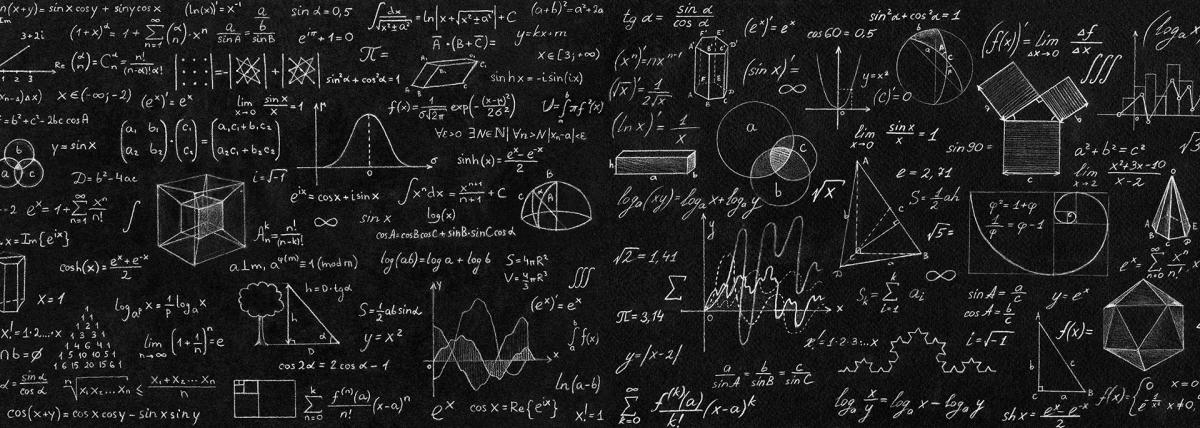
Chemistry - Let's Lick the Spoon
by Amanda Stalvey Harrison
The first rule in the chemistry lab is “don’t eat or drink or lick anything in the lab”! This lesson breaks those rules and shows students how culinary is really a practical application of chemistry. Through this lesson, students will feel like culinary chemists! Students will be using chemical processes to spherify fruit juices and other school appropriate drinks, through molecular gastronomy. This lesson will guide you through a sample lesson structure, key resources, materials lists, and the recipes that were found to work the best. This is a great way to collaborate with your school’s culinary teacher and class to highlight both your classes and contents.
Lesson Plan Link/URL
https://docs.google.com/presentation/d/1Wc9JqcZRv_m8zBtz6qFwhWdos-UyhlSi/edit?u…Subject Area
Science Physical Science P1: Matter Technology 1. Empowered Learner 2. Digital Citizen Mathematics Counting and Cardinality (CC) Measurement and Data (MD) Ratio and Proportion (RP) English Language Arts (ELA) Reading (Literature) Reading (Informational Text) Writing Speaking & Listening
Featured
Off
Related Content

Grades:
9th Grade, 10th Grade, 11th Grade, 12th Grade
This STEM Argumentative Research Project engages students in exploring the scientific, ethical, and societal implications of themes in Mary Shelley's "Frankenstein." Students will work in groups to

Grades:
9th Grade, 10th Grade, 11th Grade, 12th Grade
A lesson to teach students how to collect, organize, interpret data, make inferences, raise awareness, and suggest possible solutions on the water quality of the waterbodies in the state of Arizona.

Grades:
9th Grade, 10th Grade
Students will discover the relationship between mass and volume in relation to density through an inquiry lab. Students will take mass and volume data of several different solid substances and compare